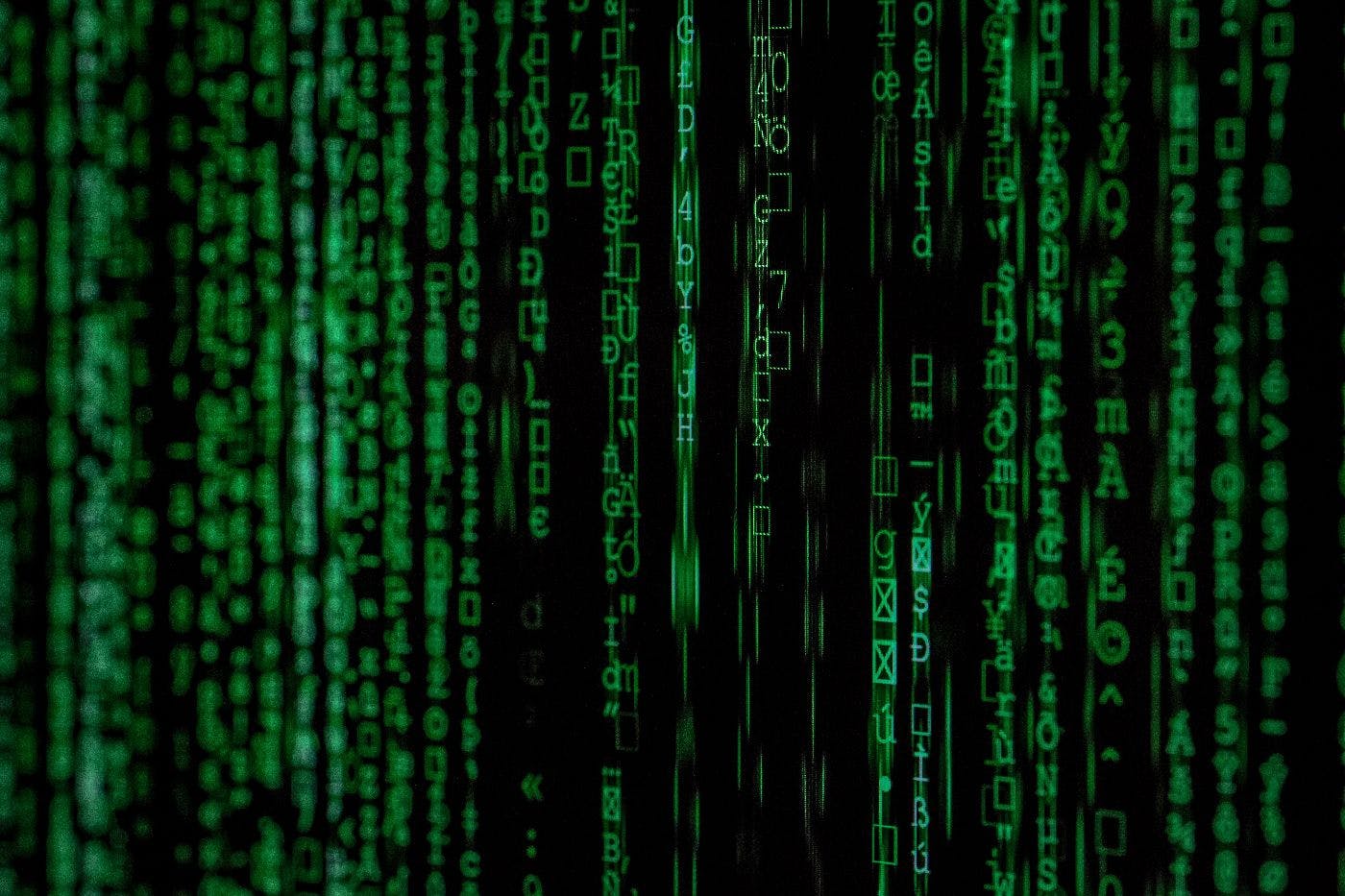311 reads
The Growing Importance of Cybersecurity Awareness
by
January 31st, 2023
Audio Presented by
Cyber security copy writer, tech support with a degree in political science
About Author
Cyber security copy writer, tech support with a degree in political science
